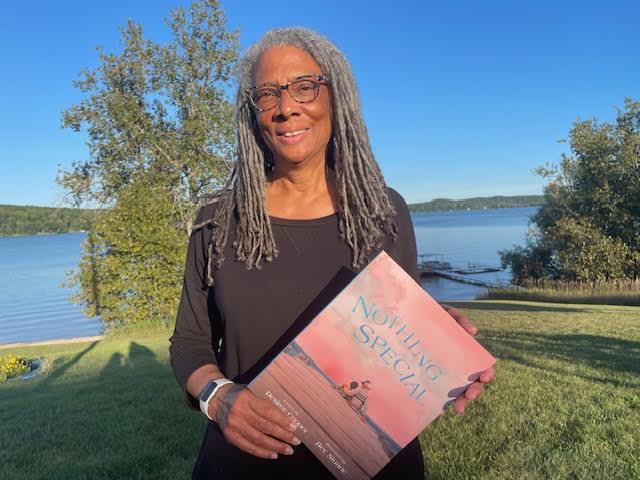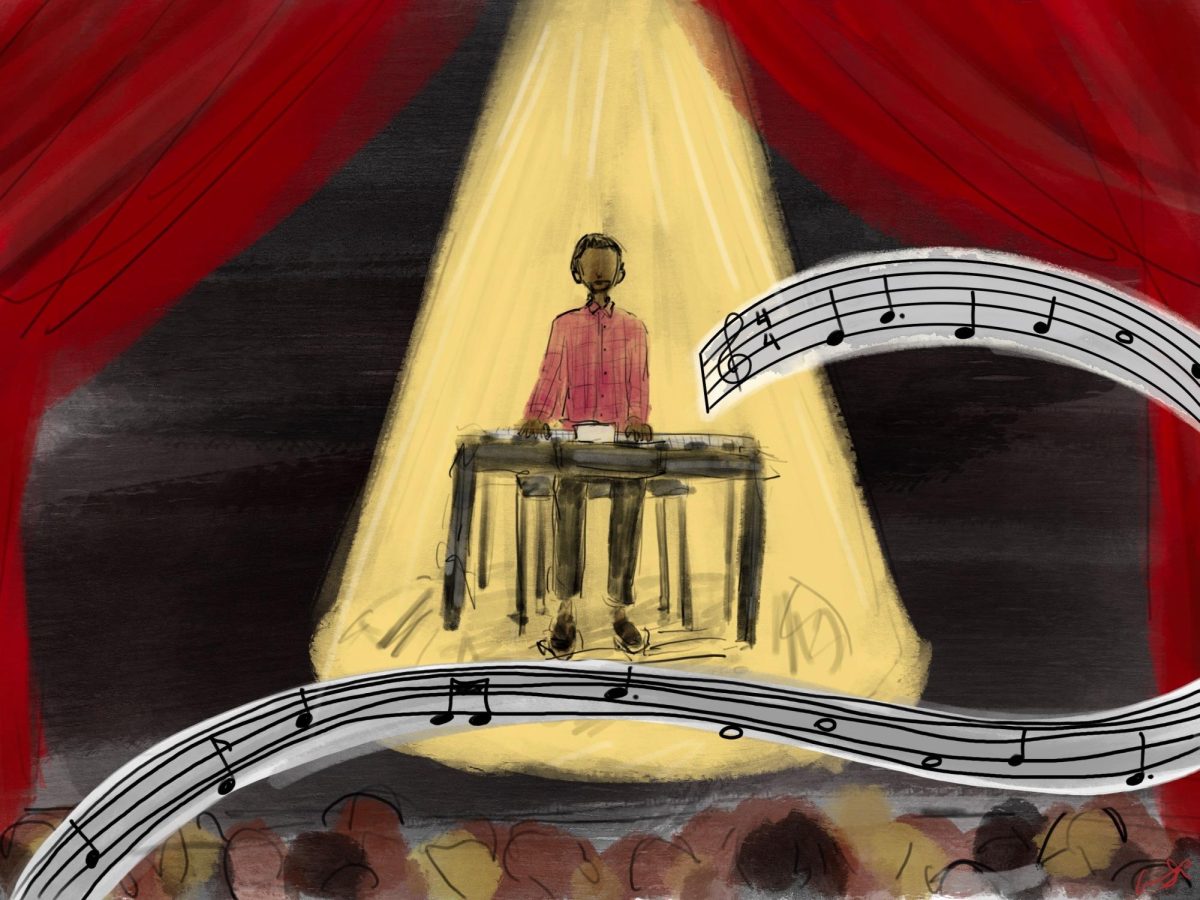Deciding the course of your life isn’t easy, especially when you have limited time. Choosing your college isn’t just deciding where you’re living and what college you’re going to for the following years, it also helps determine what profession or job you might pursue throughout life.
How might someone make this huge decision in their life and what aspects do they need to take into consideration? Stephanie Hadley, a senior at CHS answers this question.
“The first thing I think about is whether it has a good program in whatever I’d like to major in.
Other aspects that I look into are location, size of the school, class sizes, teacher-to-student ratios, living situations,” Hadley said. “A couple of other factors could be if it’s drivable from where I live now, student life, if the academics are good or not, if it has a good reputation or bad reputation, what are my options as far as majors, is it easy to switch majors, what are the requirements for the program and also if cost is a big factor.”
A huge part of deciding on college that many families struggle with is the cost. College tuition differs widely from whether the college is in-state or out-of-state, The cost of out-of-state colleges can be nearly double to triple the average of in-state tuition. Another large tuition factor is whether the college is a private or a public college. Most colleges offer financial aid to help those families who can’t cover the cost. Merit scholarships might be awarded based on academic achievement or special talent, trait, or interest. Other scholarships are often based on financial need. Even if you get scholarships and financial aid it can still be tens of thousands of dollars.
“There are some schools that give fair aid, depending on how much your family is making. Some schools do a good job at factoring that in but also school is just way too expensive,” Hadley said. “Everyone should have a fair opportunity to get an equal education and the price of college is making that not possible.”
Hadley put all these factors into consideration, she applied to nine colleges including in-state colleges and out-of-state colleges some being private, after narrowing it down to two colleges: Michigan and Michigan State, these two close colleges with good academics as well as giving her good financial aid and scholarships she decided on the Michigan State University.
An important thing to know is that college isn’t the only option. There are lots of paths to choose from when choosing a career path, some Options include becoming an Entrepreneur or starting your business. There are lots of jobs that don’t require a college degree. Two-year colleges are widely known as community colleges, which can get you an associate’s degree, another option is a trade school. These are just a few of the many options one could choose for their career and it’s important to know all paths are legit and viable.










